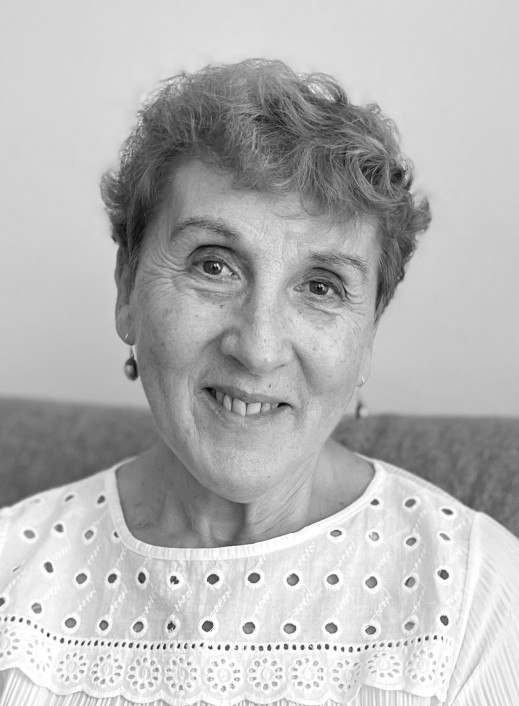The Bread I Eat
Original title: El pan que como
A beautiful book about food, the codes shared by Mediterranean cultures, daily life, memories, and literature.
“I’m going to eat.” This book about food starts with this succinct phrase. It’s about food and life, food and memories, food and literature. This is not a narrative about high gastronomy, nor does it contain elaborate and obscure recipes. This book revolves around a modest stew that the author decides to eat at home. And so, from this humble and traditional dish, the following chapters talk about the neighborhood store that sells prepared food, the ingredients in the stew—the legumes, the vegetables…—the tablecloth and utensils, the water and wine and bread that accompany it, the cruets, the cooking process…And through all of these elements, the author delves into everyday life, into her childhood memories, into the literary pages in which food is the protagonist…
«She discovers new territories with every novel» (William R. Risley, World Literature Today).

A beautiful book about food, the codes shared by Mediterranean cultures, daily life, memories, and literature.
“I’m going to eat.” This book about food starts with this succinct phrase. It’s about food and life, food and memories, food and literature. This is not a narrative about high gastronomy, nor does it contain elaborate and obscure recipes. This book revolves around a modest stew that the author decides to eat at home. And so, from this humble and traditional dish, the following chapters talk about the neighborhood store that sells prepared food, the ingredients in the stew—the legumes, the vegetables…—the tablecloth and utensils, the water and wine and bread that accompany it, the cruets, the cooking process…And through all of these elements, the author delves into everyday life, into her childhood memories, into the literary pages in which food is the protagonist…
«She discovers new territories with every novel» (William R. Risley, World Literature Today).

